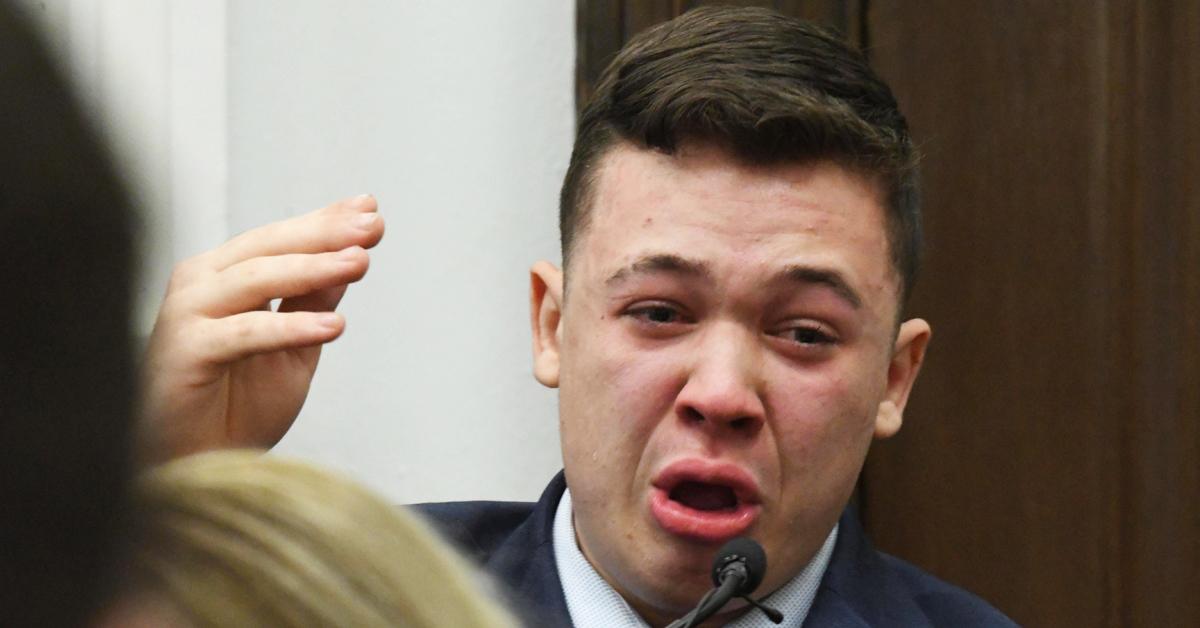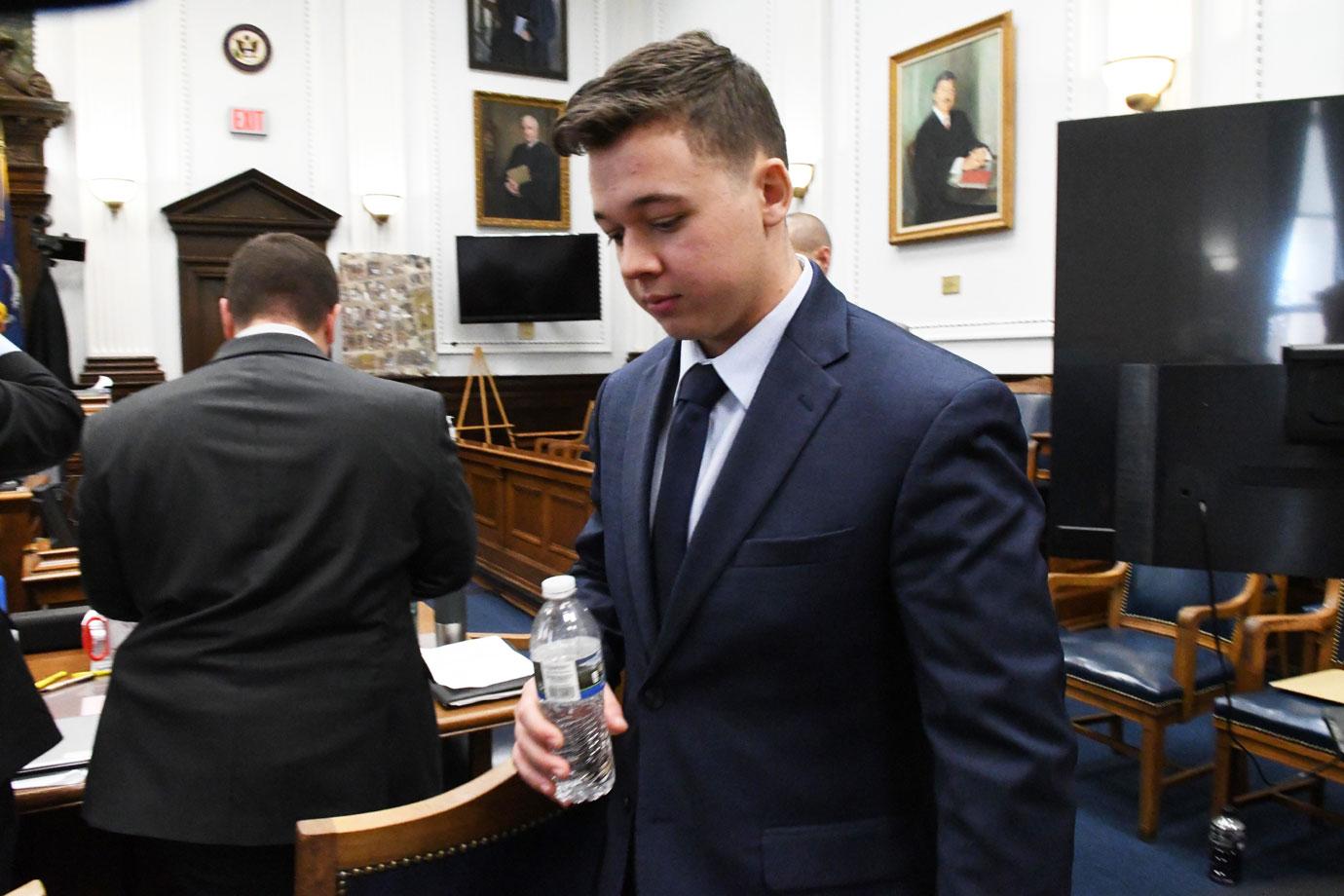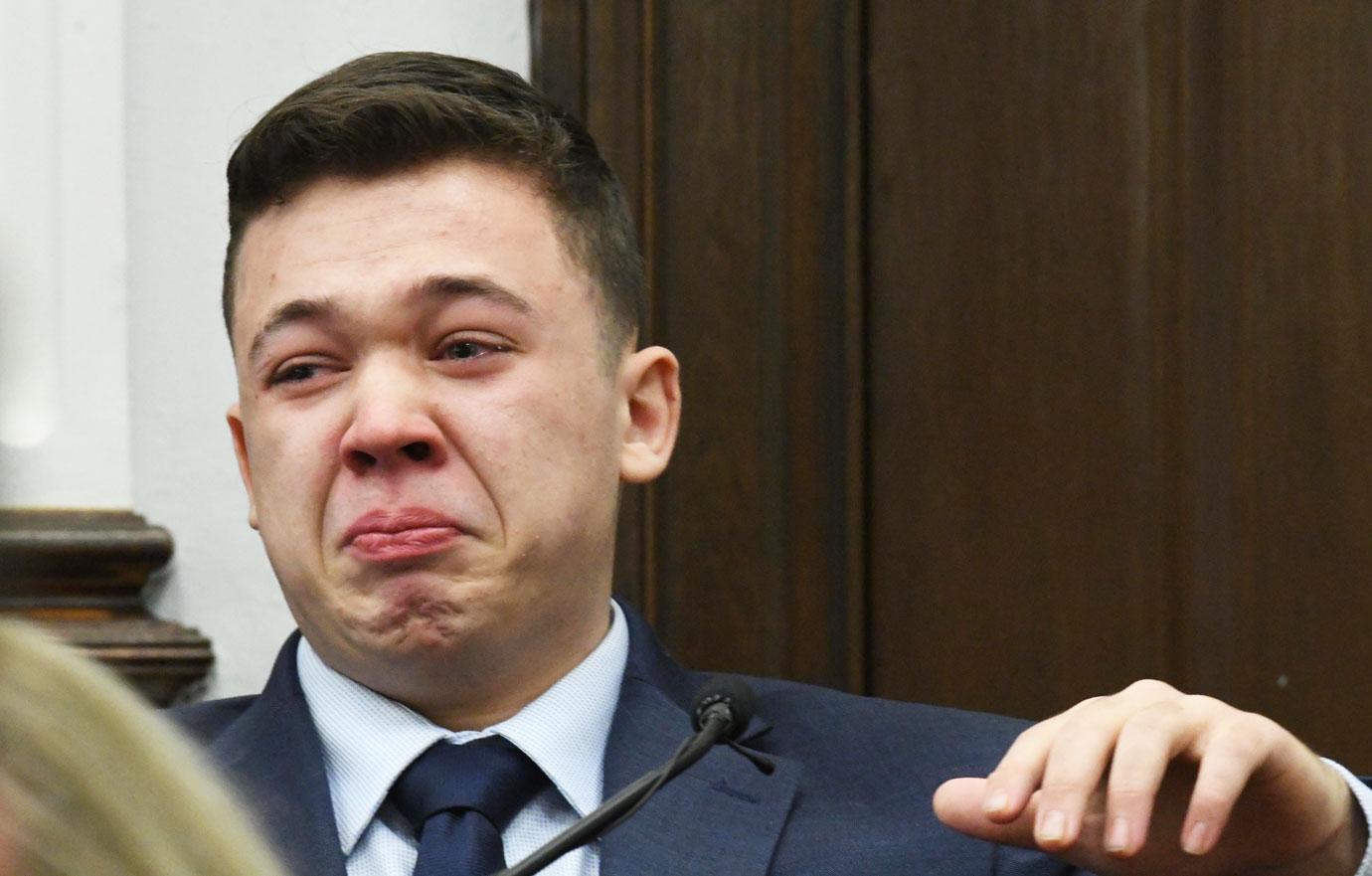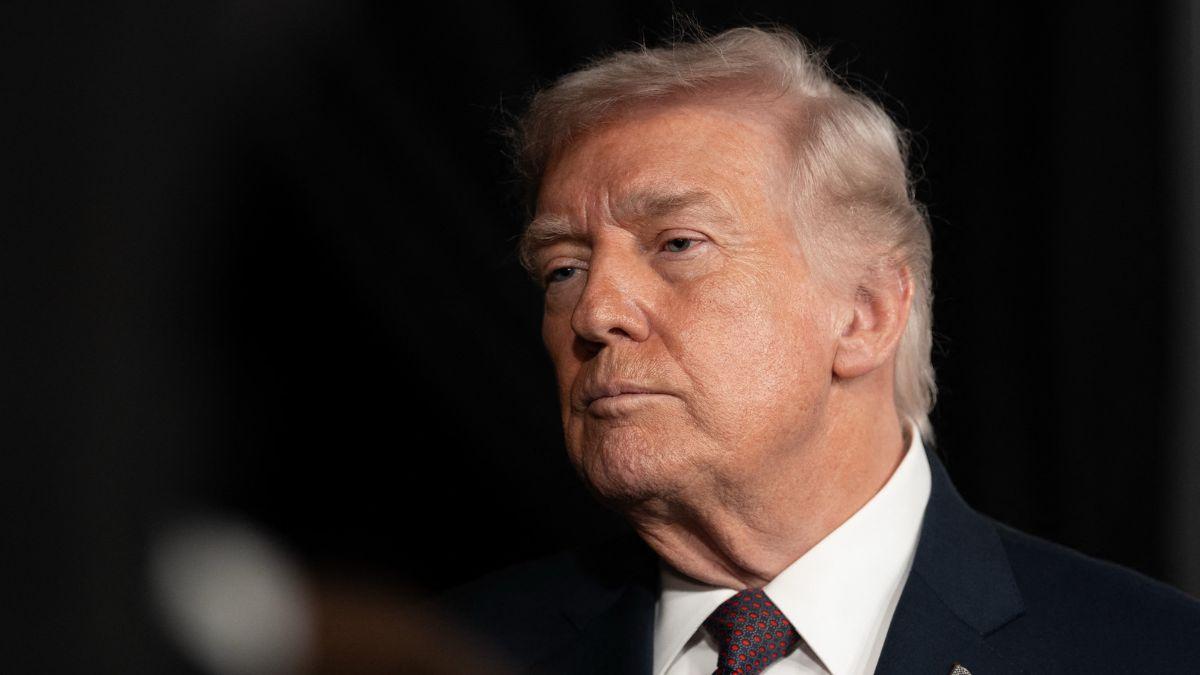Kyle Rittenhouse Verdict: Teen Found Not Guilty Of Killing 2 Black Lives Matter Activists During Kenosha Protests
Nov. 19 2021, Published 1:16 p.m. ET
Kyle Rittenhouse is a free man.
On Friday, the now-18-year-old white Blue Lives Matter activist from Antioch, Illinois, was acquitted of killing two Black Lives Matter protestors and injuring a third during the fall 2020 Kenosha Riots in Wisconsin.
The 12-person jury in his double homicide trial reached the unanimous not guilty verdict on all five felony charges after four full days of deliberations following an intense, two-week trial.

A then-17-year-old Rittenhouse used his AR-style semi-automatic rifle to shoot three men on the night of Aug. 25, killing Kenosha resident Joseph Rosenbaum, 36, and Silver Lake resident Anthony M. Huber, 26, while wounding West Allis resident Gaige Grosskreutz, 27.
His argument was that he acted in self-defense after the men attacked him.
The unrest in Kenosha was over the police shooting of Jacob Blake, a then-29-year-old Black man who was left partly paralyzed after a white cop shot him seven times in the back in front of three of his children.
Rittenhouse was initially charged with five felonies and one misdemeanor following his arrest last year: one count of first-degree reckless homicide with use of a dangerous weapon, two counts of first-degree recklessly endangering safety with use of a dangerous weapon, one count of first-degree intentional homicide with use of a dangerous weapon, one count of attempted first-degree intentional homicide with use of a dangerous weapon, one count of possession of a dangerous weapon by a person under 18, and one count of failure to comply with an emergency order from state or local government.
During the trial, Judge Bruce Schroeder dismissed the last two charges.
The first-degree reckless homicide with use of a dangerous weapon charge carried a maximum of 60 years in prison. The dangerous weapon modifier on this charge and all others carried an additional five years behind bars.

One count of the first-degree recklessly endangering safety with use of a dangerous weapon charge was punishable by 12.5 years (plus five) in prison. However, the jury was given the option of convicting Rittenhouse of the second-degree version of this charge instead, which did not require a finding that he acted with utter disregard for human life. That charge carried a maximum sentence of 10 years in prison.
The second count of first-degree recklessly endangering safety with use of a dangerous weapon charge carried the same maximum of 12.5 years (plus five) in prison.
The first-degree intentional homicide with use of a dangerous weapon charge carried a mandatory life sentence (plus five). However, the jury was also given the option of convicting Rittenhouse of second-degree intentional homicide or first-degree reckless homicide instead, which were both punishable by up to 60 years (plus five) in prison.
And finally, the attempted first-degree intentional homicide with use of a dangerous weapon charge carried a maximum sentence of 60 years (plus five) in prison. For this charge, the jury was also given the option of considering an attempted second-degree intentional homicide charge (which carried a 30-year sentence) or a first-degree reckless endangerment charge (which was punishable by up to 12.5 years) instead.




